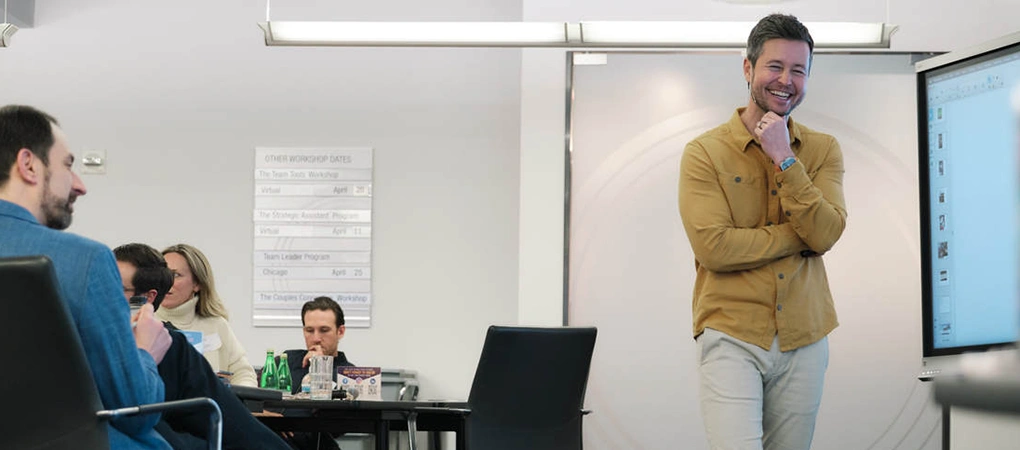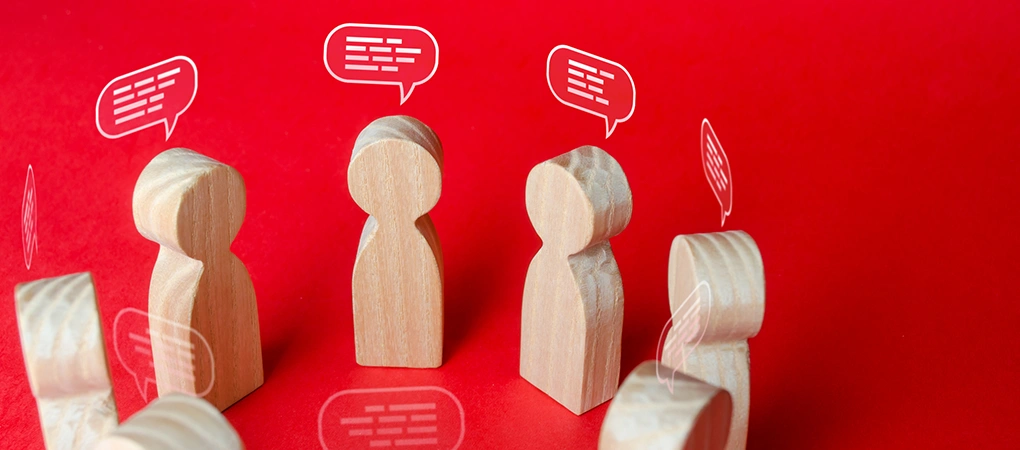Your Factory-Installed Multiplier
Dan Sullivan
I like having a big company. Many fun and exciting possibilities open up at this level. The only challenge is that I don’t like the feeling of big companies. I don’t like bureaucracy.
So how do you run a growing company yet keep the feeling of a small company?
Supporting and being supported by talent.
What allows me to keep the friendly feeling of a small company yet run a multinational organization is Unique Ability. Unique Ability is the distinctive mixture of talent and passionate interest every human being has for some aspect of life.
In the Strategic Coach Program, we encourage entrepreneurs to identify their Unique Ability, focus as much as they can on doing only that, and then delegate everything else to other people who have a Unique Ability in those areas.
I’d like to refer to that apt Oscar Wilde quote again: “Be yourself; everyone else is already taken.” You can become superbly good at being yourself — outside of that, everybody else is better.
The strategic benefit of Unique Ability.
This kind of engaged teamwork leads to tremendous growth. It can also save you a lot of money: About 80% of the cost of running a big company is in managing, monitoring, and motivating people. When people are doing what they love, none of this is necessary, so you take that cost right out of the equation.
Transform what you don’t like.
Conditions are changing all around the world, and people are angry about the things they don’t like: They don’t like being asked to give up what they have, and they don’t like being told to move on. In our celebrity culture, lots of people would rather step into somebody else’s identity, one that’s better developed, but there’s no value in that for them or anyone else.
If you do have to move on, you might as well move on with what you really like. Change in a way that suits you.
Coco Chanel was a brilliant example of this. She continually invented her life by observing that everything she disliked had an opposite, which she would do. She lived in an age of conformity when it was difficult to be a woman, let alone a female entrepreneur. Not liking the frivolous, ornamental clothing that was available for women, she looked to the opposite — men’s clothing — and used that in a completely innovative way. She created a bold new type of design that tapped into women’s desire for a more powerful role in society.
That’s the genius of Unique Ability.
Stay tuned.
Back in the sixties, there was a watch called the Gold Bond Accutron. The Accutron didn’t have the normal clockworks in it; it had a tuning fork that was geared to a battery. If there was any lessening in the battery power at all, the tuning fork stopped — it was either 100% accurate or it switched off.
The world of the multipliers is like that watch: You either have 100% commitment to your uniqueness, and you get to access it all, or you don’t.
It’s one thing to simply know what you don’t like. It takes considerably more work to identify and create the alternative. It takes skills that may require years to develop. And once you start, there’s no going back: Working outside your Unique Ability becomes as alien as working for someone else once you’ve been an entrepreneur.
However, the moment you commit to Unique Ability, things really start to accelerate for you — on a personal level, a teamwork level, and an organizational level. There’s no limit to how far you can go with Unique Ability: You can spend a lifetime at it and always be fascinated, always be getting better, and always be producing bigger results.





